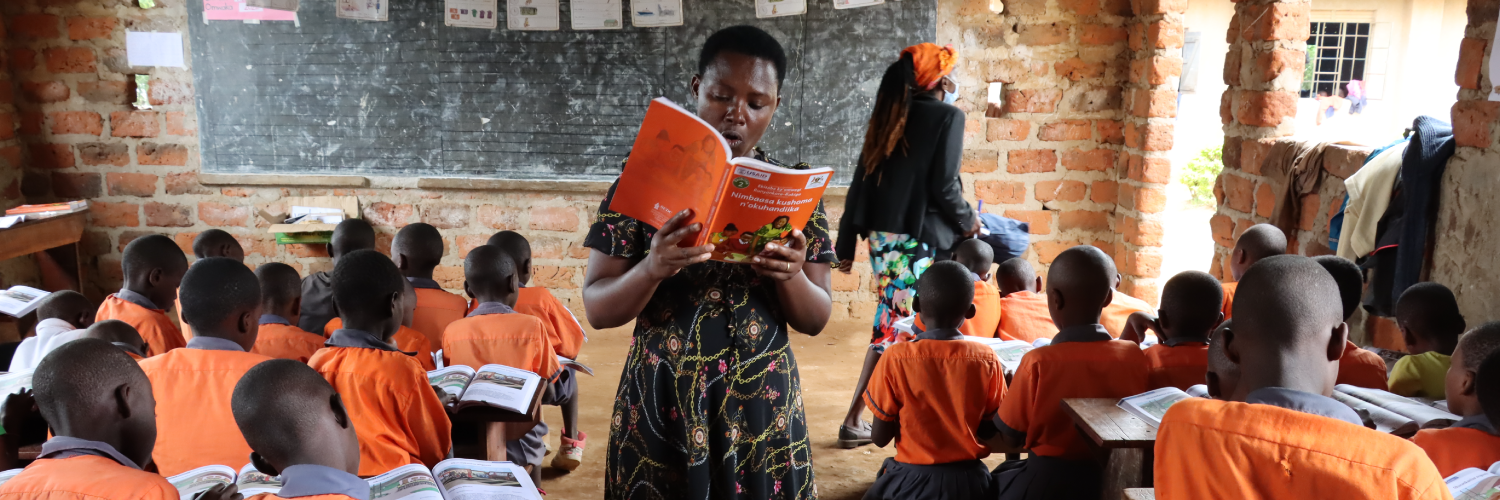
How Literacy Changes Livelihoods
How Literacy Changes Livelihoods
Learning to read opens doors. It allows individuals to complete their education, obtain employment, engage in civic activities, and make informed choices about their health and safety.
Children and youth with limited literacy may be left vulnerable to economic insecurity, gender-based violence, early pregnancy, and HIV infection. Reading is key to acquiring the skills and knowledge needed for a resilient and healthy life.
The USAID Integrated Child and Youth Development (ICYD) Activity works with the government of Uganda and partners to improve the delivery of basic education services to children and youth. The activity strengthens young people’s ability to engage with their environment, addresses their health and safety needs, and supports them in their personal growth.
